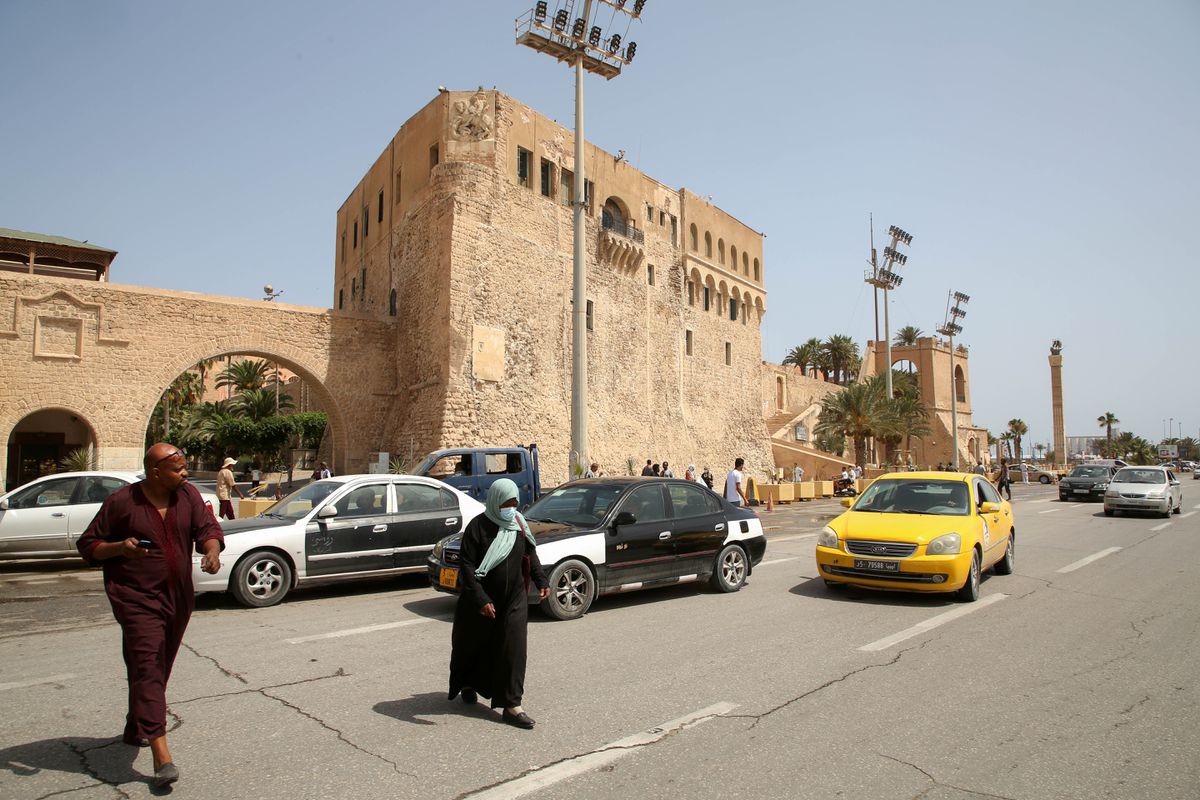
In the midst of a crisis over executive power in Libya, Turkey advised the country’s leaders to avoid taking any steps that might lead to further violence and urged them to follow democratic processes.
Libya’s political instability has worsened since a December election that was supposed to be part of a peace process to reunify the country after years of disorder and war following a NATO-backed uprising in 2011.
Turkey has supplied military assistance and training to Libya’s former internationally recognised Government of National Accord, assisting it in repelling an assault on Tripoli by eastern Libyan troops led by Khalifa Haftar that lasted several months. In Libya, it still has military personnel and militants from the Syrian militia.
Ankara has backed the peace process but has been relatively silent since Libya’s recent unrest following the creation of two rival governments.
Turkey’s National Security Council (MGK) stated a ‘quiet in Libya that was won through great sacrifices’ offered an opportunity for peace after an over 4-hour meeting led by President Tayyip Erdogan on Wednesday.
The MGK asked all parties involved in Libya to “refrain from actions that could lead to further confrontations” and urged Libyan authorities to “follow democratic processes on a basis of legitimacy in order to achieve long-term peace and stability.”
Last year, Ankara supported a temporary Government of National Unity to oversee the run-up to elections and reunify the country’s fragmented institutions.
When the polls failed, the eastern House of Representatives parliament, based in Tobruk, declared that the government’s term had expired, naming a new administration and calling elections for the next year.
However, the unity government’s prime minister stated that he would only surrender power after elections, and armed forces from both sides have gathered in Tripoli, sparking worries of a new conflict or a return to territorial separation.

Post Your Comments